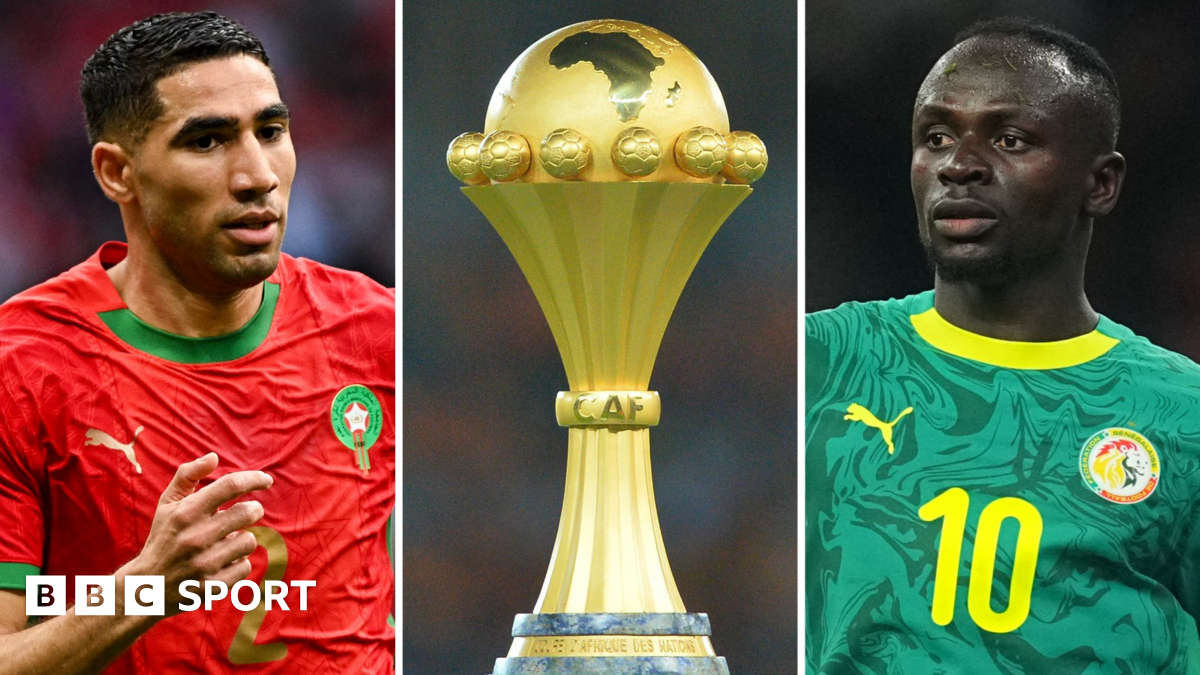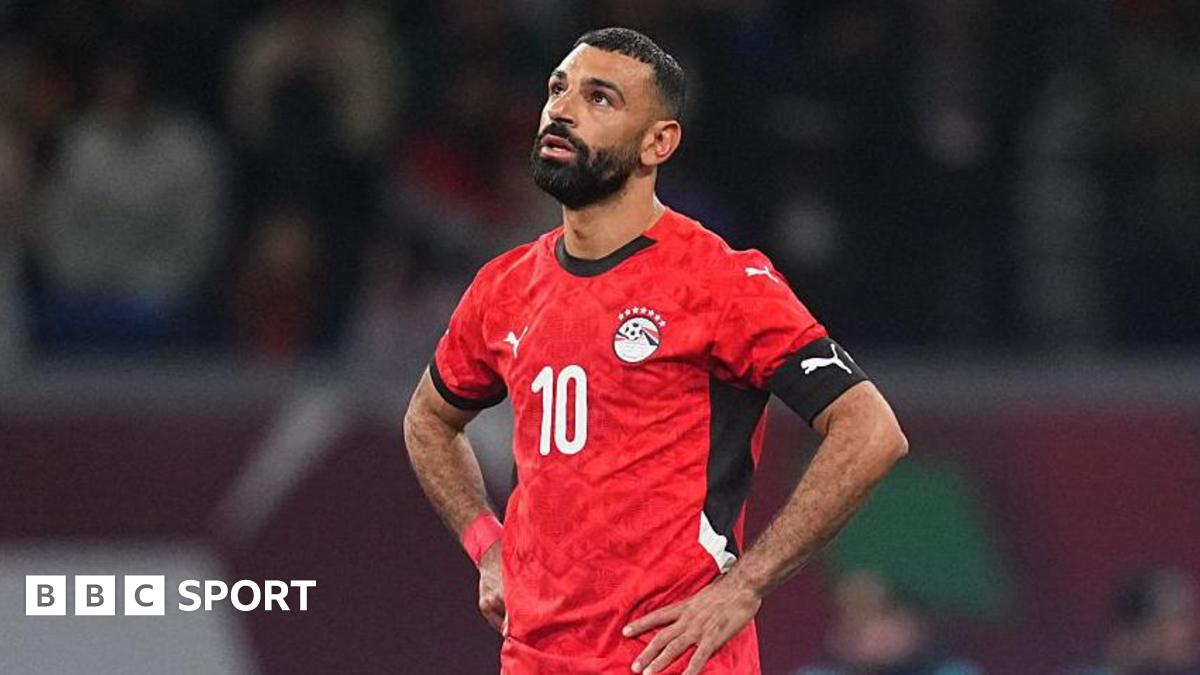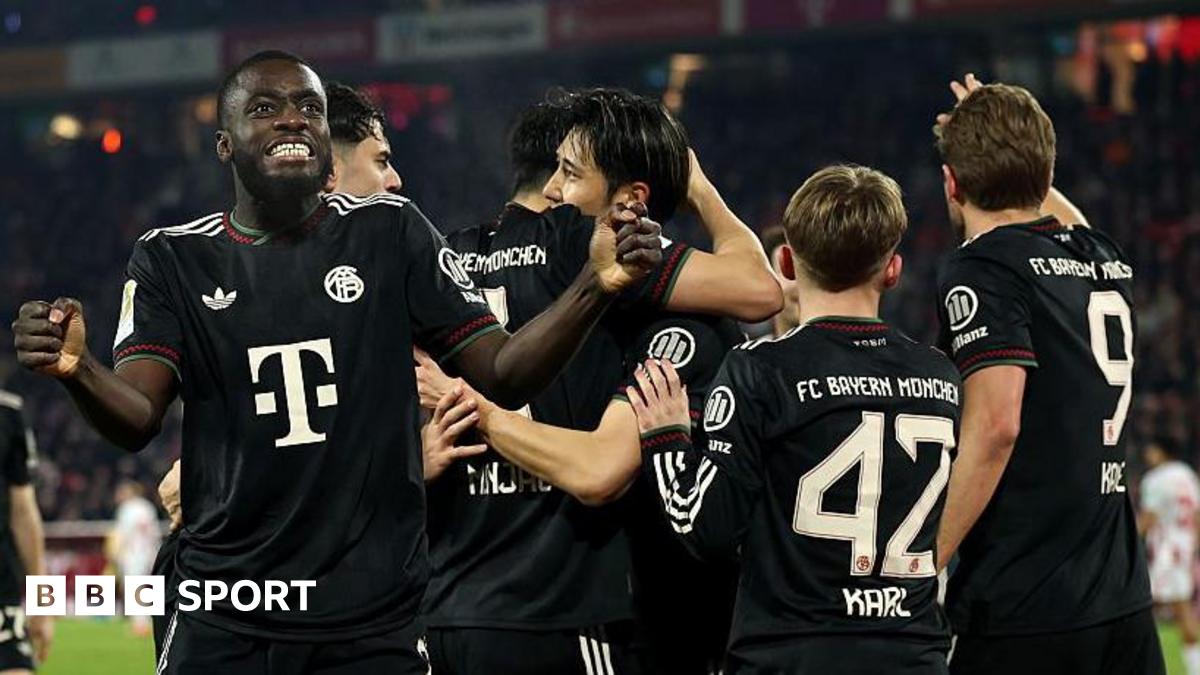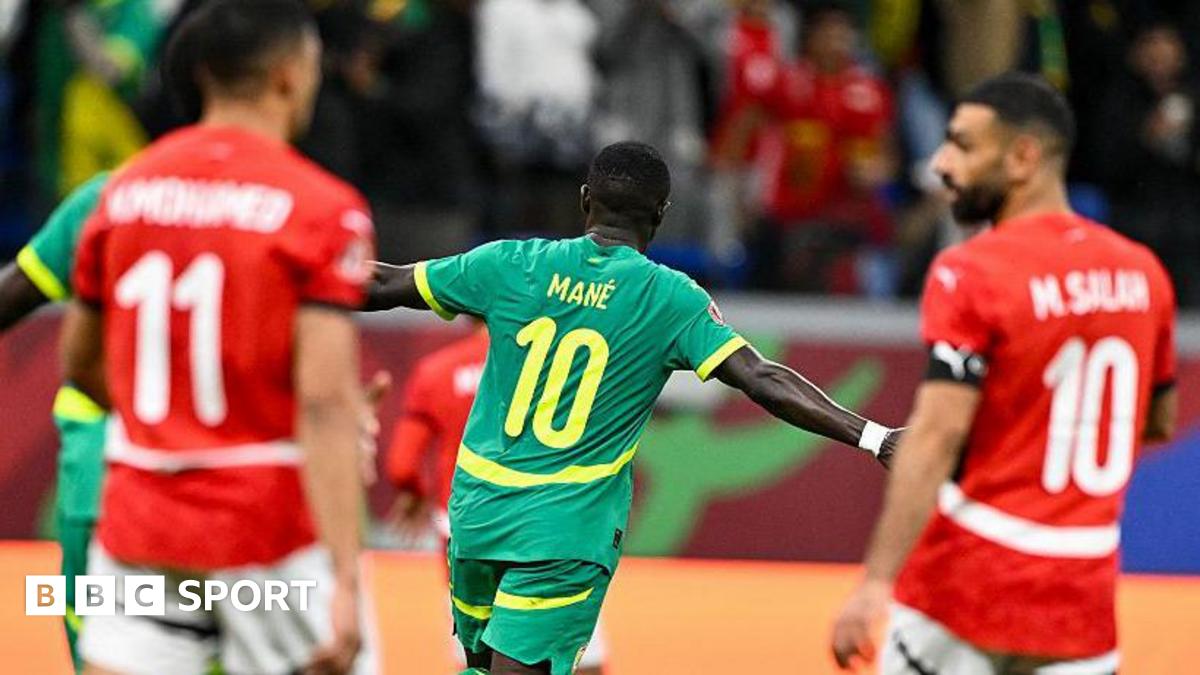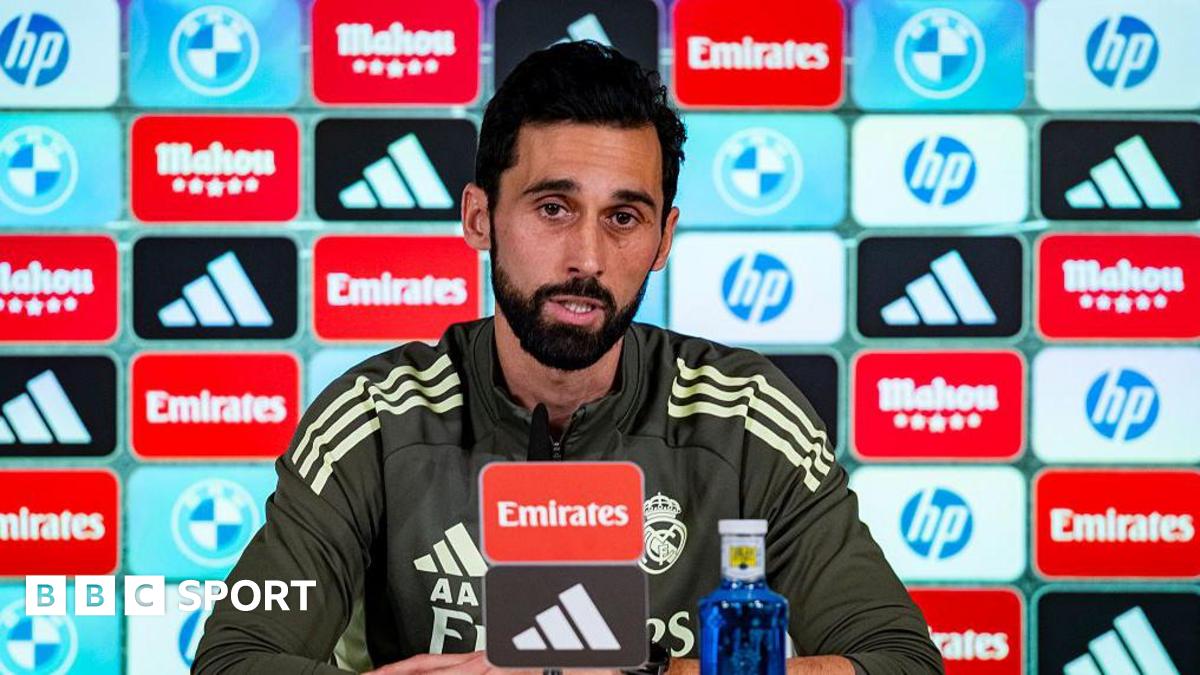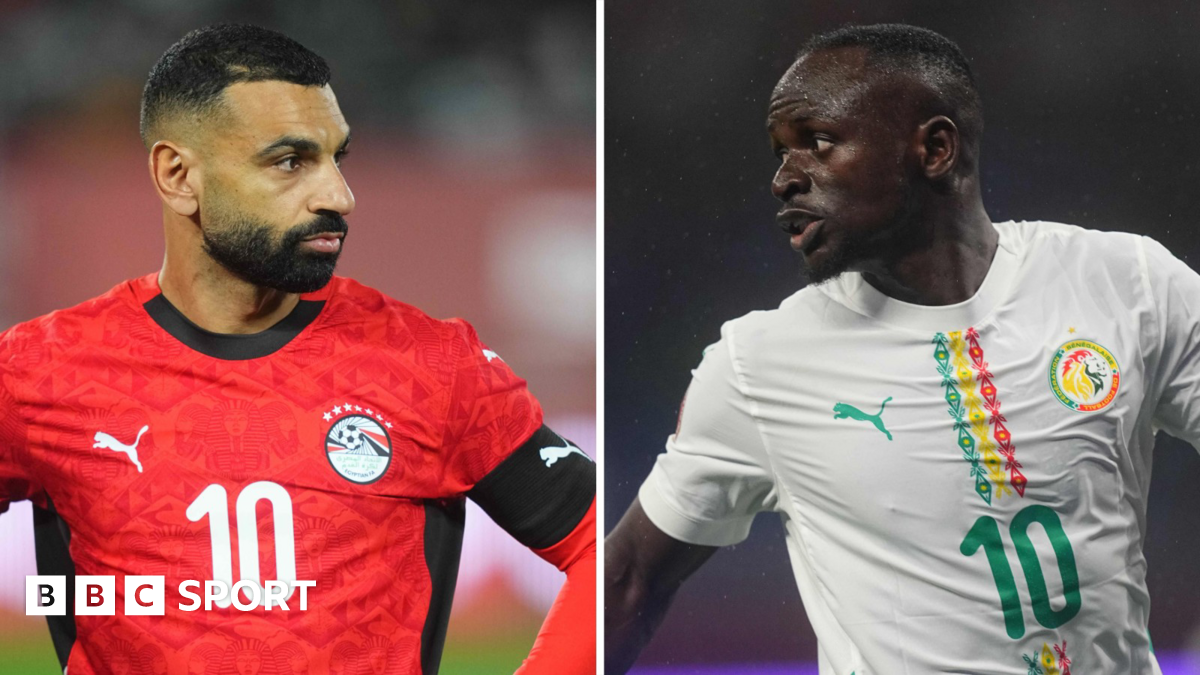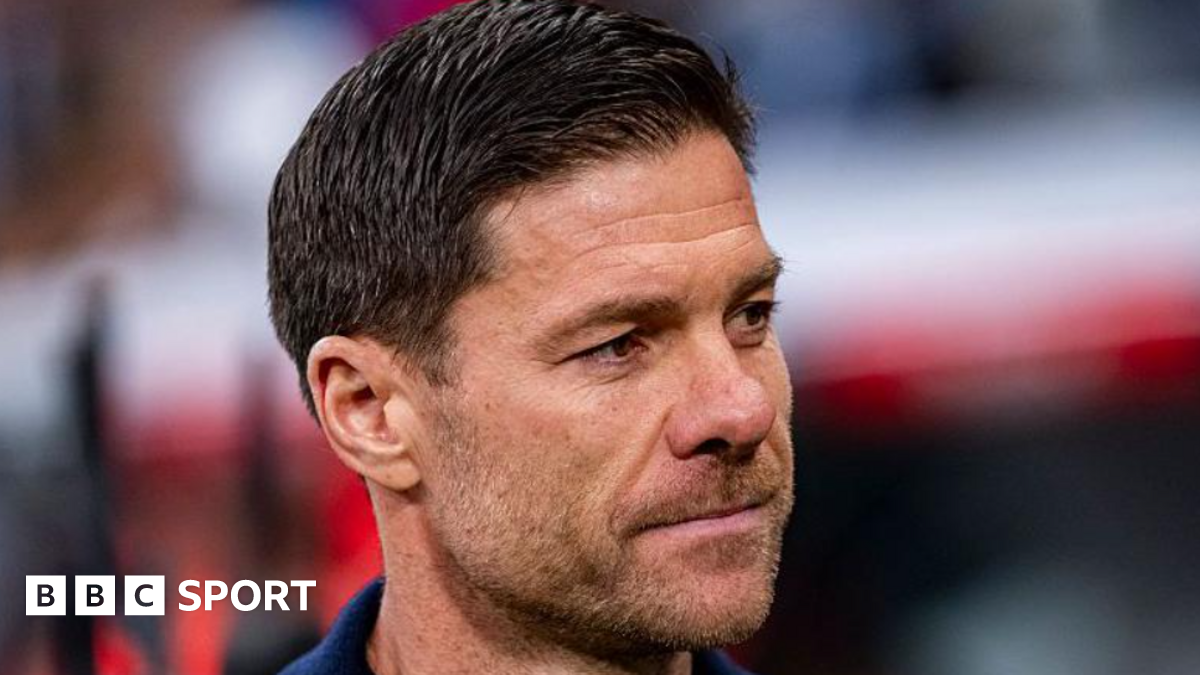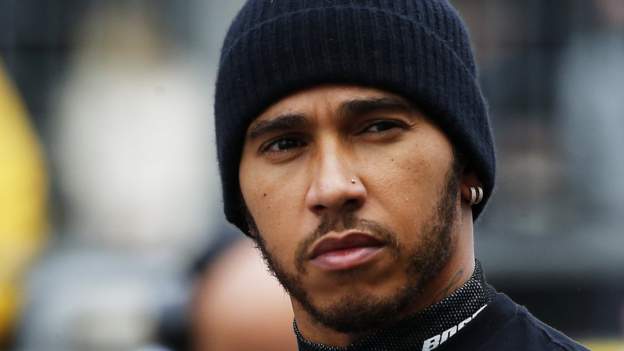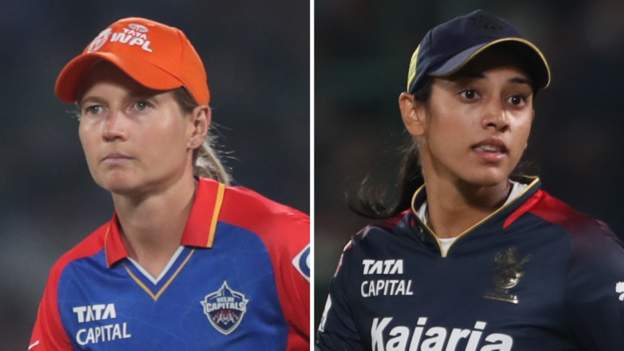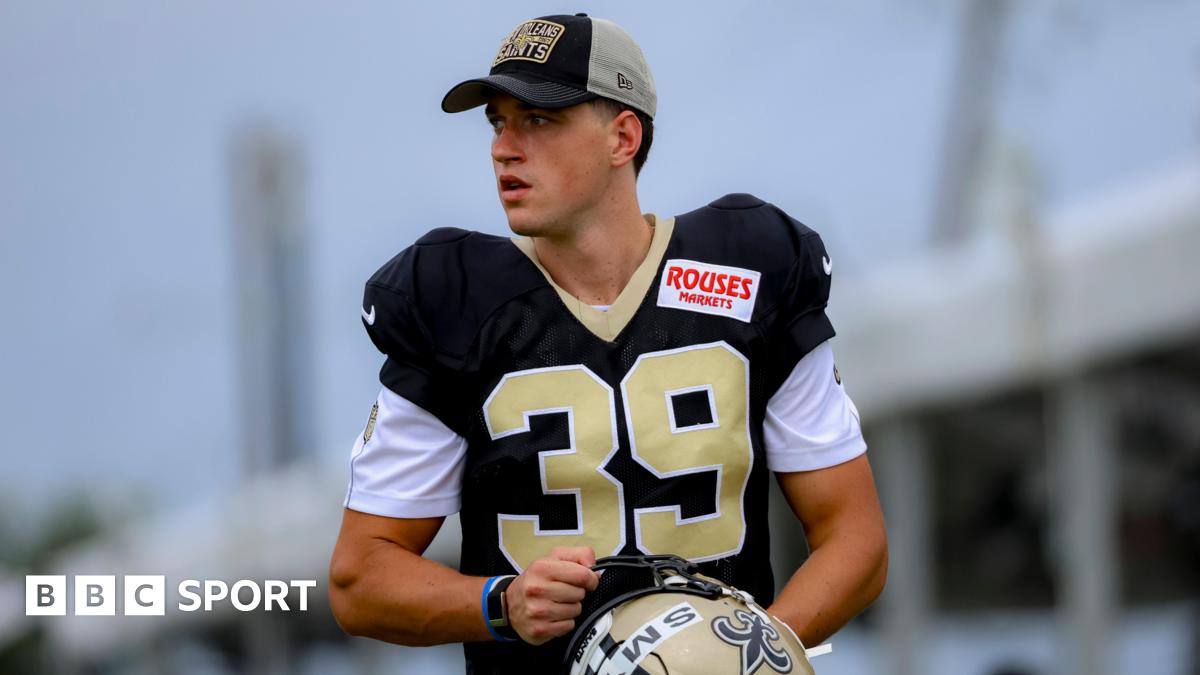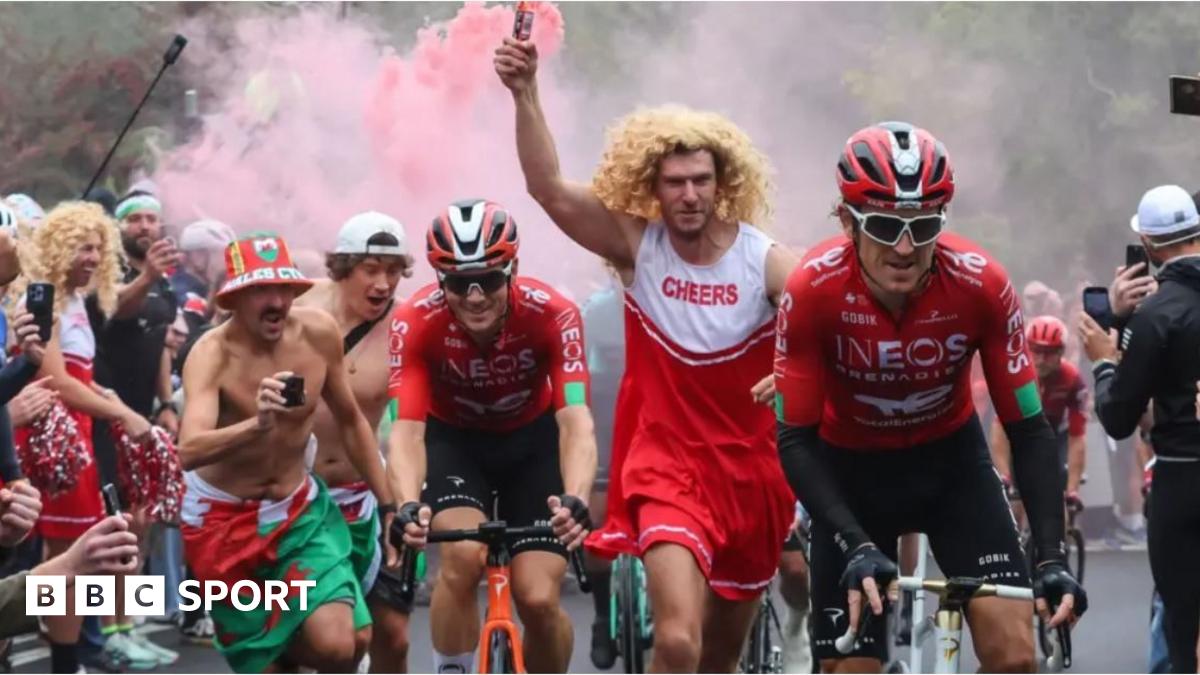Lewis Hamilton is pondering a momentous year, one in which he has not only become the most successful racing driver in history, but done so in the midst of a global pandemic that has turned everyone’s life upside down – including his.
More used to jetting around the world, this year Hamilton has “lived like a hermit,” as his Mercedes team boss Toto Wolff describes it, in between races that so far have been almost exclusively in Europe.
This change, Hamilton says, has been been a mixed blessing.
“Finally being in one place for a week after a race,” he says. “I’ve just not really ever had that, and it’s been good in many ways. But, you know, pretty challenging also.
“There’s been times, just to keep your head above water, it’s definitely been a challenge. But I know it’s the same for so many people around the world.
“I’ve had lots of different things to focus on. I’ve managed to find myself very comfortable on my own. I’ve managed to find peace and being centred and just being happy. And I’ve been able to focus on weaknesses in training.”
Hamilton’s has been a virtually solitary life away from races specifically because of the risks of coronavirus. Realising catching it could derail his title challenge, he has pretty much removed himself from society and says he has “sacrificed more than I have in my whole life”.
“I’ve never really been home [before],” he says. “In my winter, I go to the mountains [in Colorado], which I really see as my main home, because it’s a house and it’s full of love and memories from people, the family that come every winter.
“Where I live in Monaco, it’s been somewhere I go back to and I’d call home but it lacks those memories. I’d be there for short periods of time. So it’s not been the easiest.”
The “bubble” he has created to keep himself safe has fundamentally included only one other person – Angela Cullen, a New Zealander who is Hamilton’s physio.
Cullen keeps out of the limelight, but is often seen by Hamilton’s side at races, and has her own room in the motorhome Hamilton has been living in at the European grands prix.
“Thank God for Angela,” Hamilton says. “I mean, she’s got a family and I’ve tried to get her to go home to her family as much as possible.
“It’s not easy to spend time with anyone, I think, for long periods of time, but we’re room-mates and, you know, pretty much best of friends.
“We work well, and we do pretty much everything together. We sky-dive together, we surf together, we run together, we go to the gym.
“We’re very much aligned in terms of things we like to do. We are both on a plant-based diet, so we’re learning a lot together, and there’s things I raised that maybe she didn’t know, and vice versa.”
Expanding horizons
In the quest to deal with the challenges of the pandemic while also improving his performances on track, Hamilton has been trying new things.
After a dominant victory in Spain in August, one of his most convincing victories of the season, he talked about being in a “perfect zone of clarity” through the race, a mental space all sportspeople look for, but find only when performing at their very best.
He’s been working on the question of how to get there more often ever since.
“I’m still in the process of it,” he says. “I’m practising meditation. I was kind of… I didn’t think that it would be much [use].
“I’m reading about it and everyone’s going through something in their life. So, lots of people have different ways of trying to approach things. Some people just continue to struggle with not finding the things that can heal, things that can help you gain clarity and comfort and peace and happiness at the end of the day. So, I’m trying things.
“I’m reading more, and trying different meditation. You know, yoga is not something I particularly enjoy – my dad’s more flexible than me, which frustrates me; no amount of stretching seems to change too much. But that’s definitely helping me understand myself a little bit more.
“And I’ve read some self-help books, which have raised points that I’ve not noticed [before] in terms of patterns about my energy levels, my reactions to things.
“I’m just trying to understand that more, understand myself more and trying to improve on areas, because I’m far from perfect. But there’s been a lot of improvement in terms of my everyday life and my use of energy and my time management.”
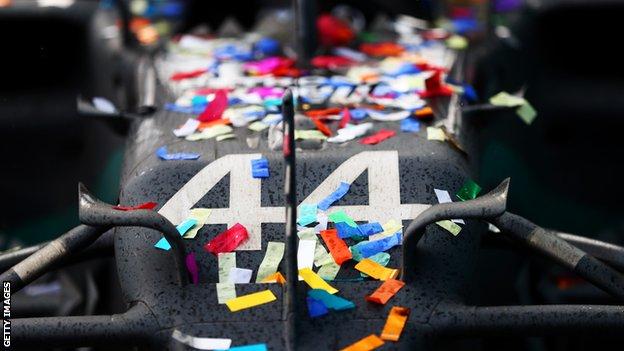
How to keep raising the bar
Hamilton often talks about the fact he works constantly behind the scenes to improve his own performance in the car and with his team, but he has rarely been this open about the detail of what he does.
The 35-year-old is his own biggest critic, but the reward for demanding so much of himself is the satisfaction he gains from coming back each year better than he was the year before.
“It definitely feels like the most all-rounded, highest level I’ve been at,” Hamilton says of his driving this season.
“It’s a natural progression, really. You can’t always get it right. This year, being as we’ve also had Covid, we’ve had more time to focus on areas of weakness and I would say last year the racing was strong, but qualifying wasn’t so great.
“I came into this season trying to make sure I kept the strengths but worked on the weaknesses, but in improving in qualifying, I have managed to improve the racing. I was not expecting that.”
“Weakness” is a relative term when it comes to Hamilton, but it’s this perfectionism, founded on his intense competitiveness, that makes him so formidable.
The results have spoken for themselves. Yes, the Mercedes has been comfortably the best car. But Hamilton has won 10 of the 14 races so far, and his team-mate Valtteri Bottas two; Hamilton has nine pole positions; Bottas four.
If Hamilton feels he has been driving better than ever this year, the question is, how to up his game even further in 2021, when he will be aiming to win title number eight, and stand completely alone at the top of all F1’s lists of records?
“Any athlete that is at the top of their game, you could always say it is going to be hard to raise the bar,” he says. “The easiest thing is to let it slip.
“But it’s not like I am new to this. I know what I need to do to get myself in the right headspace and physically in the right place also. I don’t really see keeping consistency being an issue, but it is much smaller increments.
“I don’t know whether it can get any better. The racing, for example, is super-strong. There are still elements that could be better but not everything is easy to improve on.”
The work behind the scenes
Those who wish to diminish Hamilton’s achievements typically focus on the quality of his machinery. Any number of drivers, people say, could win in a Mercedes.
At Mercedes, they don’t see things that way. Chief engineer Andrew Shovlin says to raise this as an issue is “missing the point”.
“Winning consecutive championships is about getting all the ingredients right,” he says, “and Lewis has definitely played a big part in getting that balance right within the team.”
After each of his wins, Hamilton is quick to lavish praise on his colleagues, but he’s also keen for people to understand why there is more to his role than simply being the fastest driver in the world.
He says part of his duty is to push the team to open their minds to new ideas.
“When I first started here [in F1], I was always challenging things,” Hamilton says. “At McLaren, I would challenge things in terms of how they prepare the tyres and tyre temperatures and all these sorts of things and they never, ever listened. They just did their thing.
“When I joined this team, I had a lot of battles in wanting to try different things.
“The team will have a simulation that will tell you what the best car is, but it can’t do what I can do. It doesn’t have the feeling, also.
“I’ve challenged the guys a lot, and there have been times when I have been wrong. But I’m totally fine with being wrong. That’s a part of learning.
“But getting them to think out of the box and try different things, they’ve really moved in that direction. And then you have a good result or good race and you’re like, ‘See – if we’re more open to ideas, even if it sounds crazy. Let’s be more like that moving forwards.’ That’s one of the elements that’s helped us to continue to raise the bar.”
He gives as an example his relative struggles in qualifying last year, when he scored ‘only’ five pole positions, the same number as Bottas, in comparison to this year.
Hamilton says the team focused on making this year’s car more responsive on corner entry, a weakness in 2019, but that initially in winter testing the car was still similar to last year.
“I had some challenges that I put towards the team in terms of how we set the car up which changed that,” he says. “It’s difficult to say too much, but that weakness we had last year with the car rotating; we don’t have that problem any more.”
He lists a series of other examples of ways in which he and the team are constantly honing their work patterns, before adding: “You have to be the rudder. You have this powerful group of intelligent, passionate and determined people and of course you have the head of the team, who is the main rudder.
“But in terms of development, how to get the car to go further and work with the characteristics of the driver, that’s my job and I’d say I’m very, very proud of that. Unfortunately, people don’t get to see all that in the background.”
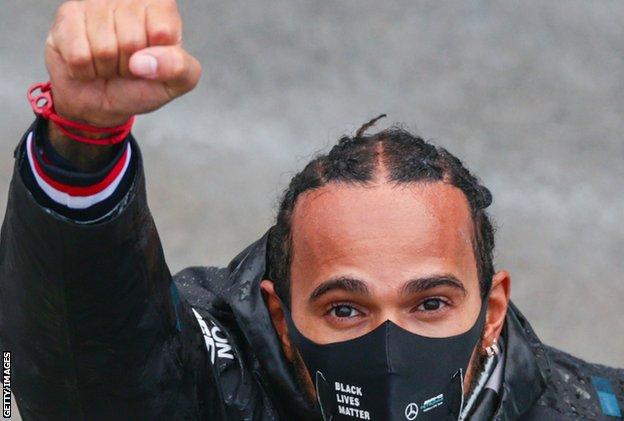
Racing driver or campaigner?
What he’s most proud of, though, this year, he says, is the impact he has been making off track, in terms of fighting against racism.
In the wake of the global outrage following the death of George Floyd at the hands of US police, Hamilton persuaded Mercedes to paint their cars black – a huge statement given the team had raced with silver cars since the 1930s – and joined forces with F1 to start a pro-diversity campaign that included pre-race anti-racism demonstrations.
It has defined his year just as much as his record-breaking exploits on the track.
Hamilton will be sticking around in F1 for some time to come – negotiations over a new contract with Wolff are expected to start imminently – but in this work a sense of Hamilton’s career post-F1 is beginning to take shape.
“You’re starting to see things, glimpses of things that will be a part of my future, I think,” Hamilton says.
“I’ve been racing since I was eight. So I’ll always be a racer at heart, even when I stop. But as I’ve really been trying to show a vulnerable side, show that it’s OK to show that side this year and show more of myself, hopefully people can see that I’m human.”
He mentions a day in Monaco in the run-up to last weekend’s Turkish Grand Prix when he “managed to get out” and it led to an epiphany about where he was going and what he wanted to do.
“It was a beautiful day,” Hamilton says. “I went out on the water with Angela. She was doing her own thing, and I managed to stop and just look at the world from the sea, from the ocean.
“In life, we wake up and we get into our things and we forget to take a moment for ourselves, which is what I do now with meditation. We often take things for granted. So, try not to take things for granted, and be grateful for the blessings we have.
“The reason I brought this up is [I was thinking], ‘I love this planet. It is so beautiful. There’s so much beauty around us.’ And I don’t want my time just to be here for fun. I want to help and have some positive impact, even if it’s just helping one kid get through the thick bad stuff.
“The other day I was talking to some young guy. He was, like: ‘I’ve really struggled with depression this year.’ And I messaged him and he’s perked up a lot.
“So I just want to make sure that while I’m here, I have a positive impact.
“The racing is all good and everything. But there’s a lot of issues and there’s a lot of things to do. And I want to try and help people because there are a lot of great people out there doing great things. So that’s my goal.”




